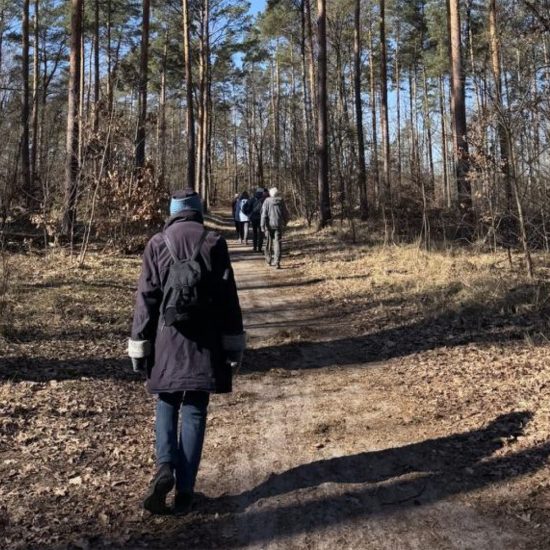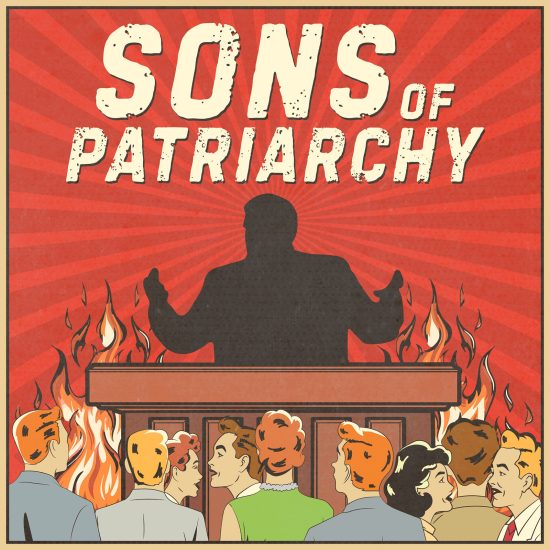
Baptists in the neighboring countries of Germany and Poland are taking similar precautions to prevent the spread of coronavirus, even as the two nations currently face drastically different situations from the global pandemic. With Germany among the worst-hit countries and Poland barely impacted so far, Baptists in both central European nations have started canceling meetings and moving to online worship services.
As of March 16, more than 180,000 people worldwide have been infected with more than 7,100 deaths. Germany has the sixth-highest number of infected persons with more than 7,200, but has a lower than average death rate with just 15 so far. The United States, with the eight-most infections, has 73 deaths from more than 4,100 infected people. Poland, on the other hand, has the 36th-highest number of infections with just 156 cases and three deaths.

Thomas Klammt speaks at the 2018 Baptist World Alliance annual gathering in Zurich, Switzerland. (Brian Kaylor/Word&Way)
Thomas Klammt, consultant for integration and migration for the Bund Evangelisch-Freikirchlicher Gemeinden in Deutschland (Union of Evangelical Free Churches in Germany, which is the Baptist denomination in that country), told Word&Way the situation has been “like a whirlwind.” Just two weeks ago, he said, he “still had the impression that the virus threat is overrated and too much hysteria about it.” But over the past week, he’s seen official in the country measures increase daily — and sometimes even hourly.
The leadership of the Baptist union, he said, “found it hard to cancel some of our training and events,” but decided on Friday they had to at least until Easter. The leaders of his local church had initially planned to hold in-person services one more time on Sunday (March 15) and then cancel all church events until Easter. However, new government measures on Saturday afternoon, he said, “brought serious restrictions and we had to decide we must also cancel the Sunday worship.”
“The numbers are rising and we are challenged to isolate ourselves so that we do not spread the virus, so to save the health of the elderly and other risk groups,” Klammt said. “Schools are closing in all of Germany, all recreational facilities are closing, meetings of more than 50 people are forbidden. At the Baptist Union offices, we have canceled all events and meetings and most of us are working from home.”
“On this past Sunday, I think very few if any of our churches in Germany still had a worship service,” he added. “Some offered a live-stream from the church (with only the preacher, worship leader, musicians present in the church). We are now deliberating what we can offer, like podcast, livestream, videotaped sermons; and we will have to think more about how to offer fellowship, comfort, sharing, and caring while on the outside our freedom to meet and interact directly is getting more and more restricted.”
Klammt said Baptists in Germany are still waiting to see what impact these “serious decisions” will have on their ministry and for people in need. He expressed hope that things will improve soon after Easter, but acknowledged it could take longer.
“So far, we do not feel much panic, but a lot of uncertainty, a feeling of restrictedness, and it will soon turn into isolation feelings, and I wonder what forms of depression or aggression will come from there,” Klammt said. “In between we see opportunities: for example that digital ways of meeting and sharing and collaborating are explored, the rush of life is reduced, and we can get to more important issues. But it is still all very unreal and nobody knows what the next day will bring. Meanwhile, most of us are healthy and active, and, as Spring arrives, we would love to be active outside and enjoy life.”
Just to the east, the response by Baptists in Poland is similar even as the outbreak has yet to accelerate like in Germany. The earlier measures to reduce interactions might prevent the country from seeing numbers like those in Germany.

Mateusz Wichary speaks in September 2019 on the campus of Warsaw Baptist Theological Seminary. (Brian Kaylor/Word&Way)
Mateusz Wichary, president of Kościoła Chrześcijan Baptystów w RP (Baptist Church in Poland), told Word&Way that most of the Polish Baptist churches didn’t hold in-person services on Sunday. On Wednesday, he had sent a letter to the churches encouraging them to listen to the Polish Ministry of Health and other state institutions. He also encouraged churches to consider an online service with just a few people present to lead it, and he suggested postponing baptisms and only giving the Lord’s Supper in churches that meet when elements are previously prepared for individual servings. And he urged prayer for the sick, for doctors and authorities, and for Christians to continue to “help and encourage our loved ones and friends.”
“In sermons, let us avoid a message in which, as Christians, we know everything as opposed to a world that knows nothing,” Wichary added in his letter. “We know everything that is most important, i.e. we know Christ who is with us regardless of the situation, but we do not know God’s judgments as to the development of this particular situation.”
Although some churches had considered still holding services on Sunday, Wichary told Word&Way that the country’s prime minister on Friday urged against any meeting with more than 50 people, which led more churches to decide against in-person worship.
“I let the churches decide themselves, but advised to make the service online,” explained Wichary, who posted a Facebook photo of him participating in an online church service in his living room. “Many churches did it. I also said that we should follow the government heath instructions.”
Wichary added that most of the churches are not directly hit by the outbreak yet, but one church does have a member who is sick.
Both the Polish and German Baptist unions are small. According to the Baptist World Alliance, the union in Germany includes 802 churches with just over 82,000 members in a nation of 83 million people. The Polish union includes 104 churches with just over 5,200 members in a country with 38 million people. The European Baptist Federation, which both Polish and German Baptists are part of, announced on March 13 it would cancel all face-to-face meetings until at least April 30 because of coronavirus.

Kościół Chrześcijan Baptystów (First Baptist Church) in Warsaw, Poland (Brian Kaylor/Word&Way)






